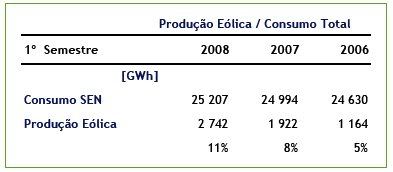O problema das Alterações Climáticas não pode ser discutido exclusivamente com base em argumentos de natureza científica. Mesmo aceitando o argumento dos cépticos de que existirão muitas incertezas sobre a dimensão do fenómeno, é necessário ter em conta os riscos e a dimensão ética do problema. Temos uma responsabilidade ética perante as gerações mais novas e as vindouras, para com os mais frágeis e também para com as outras espécies. Eu já li neste fórum que mais valia que nos preocupássemos com o ambiente, etc. como se isso nada tivesse a ver com as alterações climáticas. Nada de mais errado.
Este vídeo põe o problema de forma interessante:
[YOUTUBE]http://www.youtube.com/watch?v=i-faBHqVu04&eurl=http://futureatrisk.blogspot.com/search/label/V%C3%ADdeos?updated-max=2007-08-04T17%3A40%3A00Z&max-results=20[/YOUTUBE]
Um texto que resume a questão:
http://docs.google.com/Doc?id=dckws285_12csptqpgv
Saliento:
«From the standpoint of ethics, those who engage in risky behavior are not exonerated because they did not know that their behavior would actually cause damage. Under law that implements this ethical norm, for instance, to be convicted of reckless driving or reckless endangerment, a prosecutor simply has to prove that the defendant acted in a way that he or she should have known to be risky. Many types of risky behavior are criminal because societies believe dangerous behavior is irresponsible and should not be condoned»
Mais, para quem quiser aprofundar : "White Paper on the Ethical Dimensions of Climate Change":
http://rockethics.psu.edu/climate/whitepaper/edcc-whitepaper.pdf
Este vídeo põe o problema de forma interessante:
[YOUTUBE]http://www.youtube.com/watch?v=i-faBHqVu04&eurl=http://futureatrisk.blogspot.com/search/label/V%C3%ADdeos?updated-max=2007-08-04T17%3A40%3A00Z&max-results=20[/YOUTUBE]
Um texto que resume a questão:
http://docs.google.com/Doc?id=dckws285_12csptqpgv
Saliento:
«From the standpoint of ethics, those who engage in risky behavior are not exonerated because they did not know that their behavior would actually cause damage. Under law that implements this ethical norm, for instance, to be convicted of reckless driving or reckless endangerment, a prosecutor simply has to prove that the defendant acted in a way that he or she should have known to be risky. Many types of risky behavior are criminal because societies believe dangerous behavior is irresponsible and should not be condoned»
Mais, para quem quiser aprofundar : "White Paper on the Ethical Dimensions of Climate Change":
http://rockethics.psu.edu/climate/whitepaper/edcc-whitepaper.pdf






 como é que se coloca o quote?
como é que se coloca o quote?

